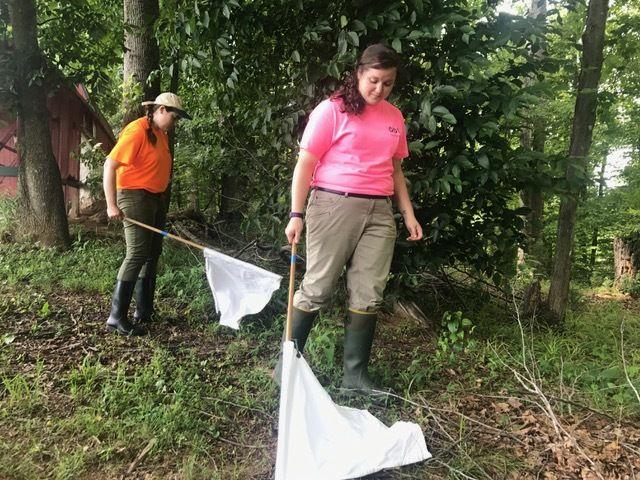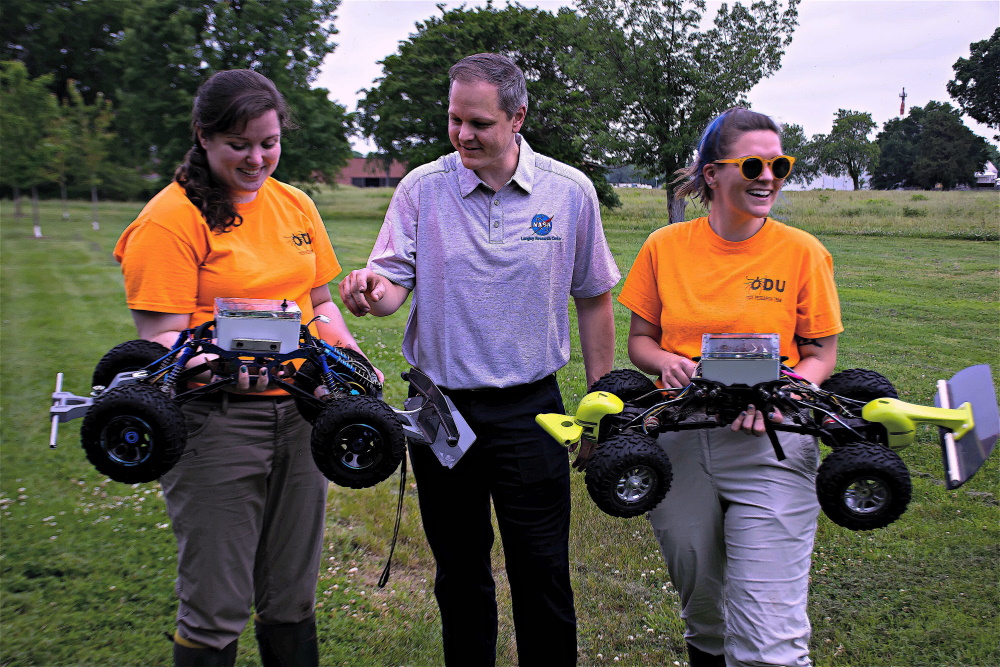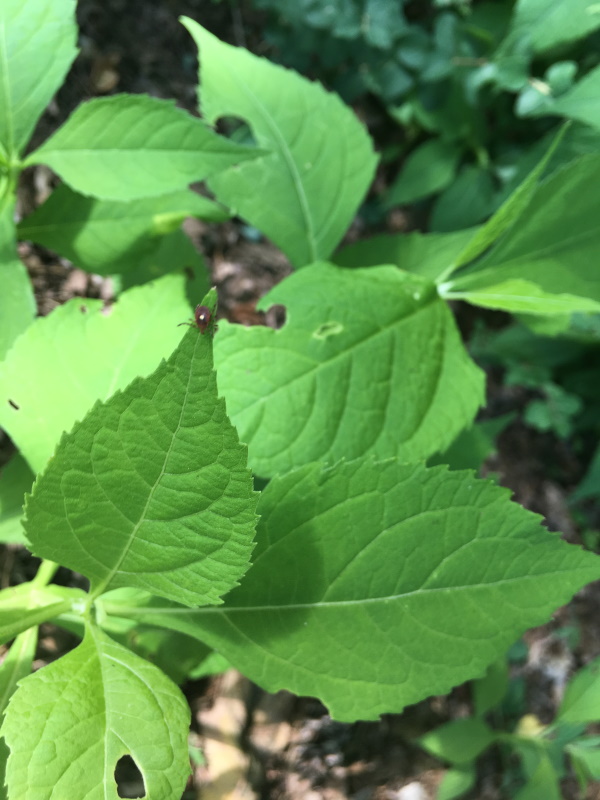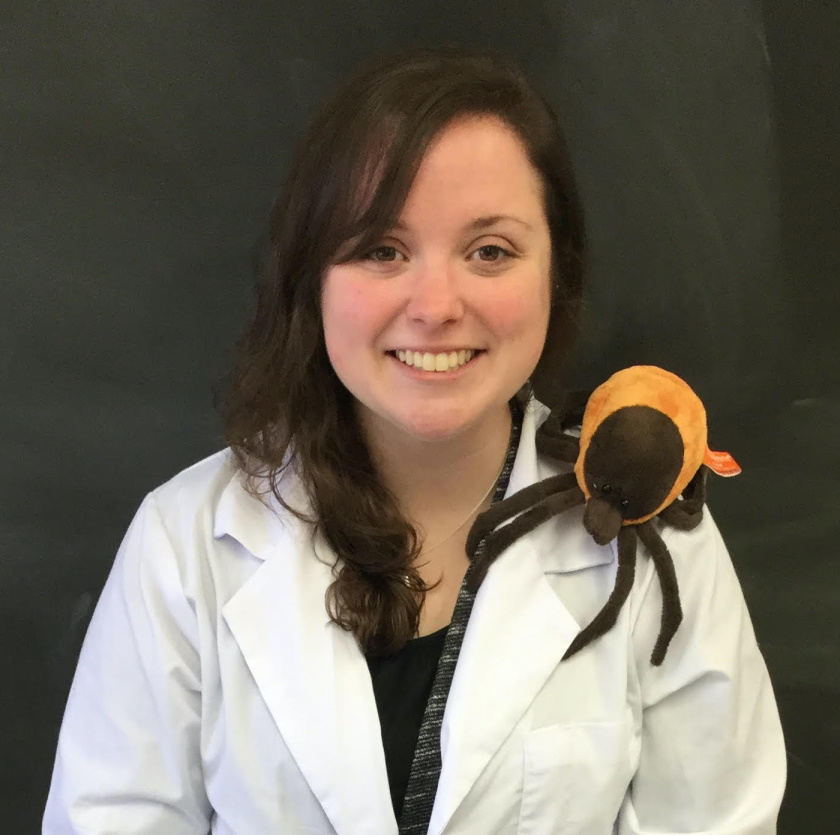Pronouns: she/her
Quantitative Disease Ecology & Conservation Lab
Emerging Pathogens Institute
CDC Southeastern Center of Excellence in Vector Borne Diseases
University of Florida
Adviser: Dr. Sadie Ryan
Focus Area: Medical Geography in Global Health (MGGH)
Research Statement: I am a mathematical ecologist interested in the disease ecology dynamics between wildlife and humans. Thus far, my research has focused on tick ecology and modeling of tick management strategies. In my current work, I explore the spatial ecology of vector-borne diseases.

Who is she?
Dr. Alexis (Lexi) White is a postdoctoral researcher in the Geography Department, the Quantitative Disease Ecology & Conservation Lab, the CDC Southeastern Center of Excellence in Vector Borne Diseases, and the Emerging Pathogens Institute. Lexi completed a B.S. in Wildlife Biology at Maine’s Unity College before moving to Virginia’s Old Dominion University where she completed a Graduate Certificate in Modeling and Simulation and her PhD in Ecological Sciences.

How did she get here?
At Old Dominion, Lexi helped develop a mathematical model of the persistence of multiple pathogens in a single tick population and explored tick control strategies including the TickBot, a robotic tool for controlling tick populations in natural environments.

Lexi also conducted mark recapture studies – a tool to determine population size when it is impossible to count every member of a population – to explore the use of domesticated birds for tick control. Guinea fowl are widely used across the United States to manage ticks, but there is little evidence to support this. In fact, Lexi found that lone star ticks can feed on guinea fowl – the presence of guinea fowl may even exacerbate the tick problem.
Lexi used her field studies from the TickBot and guinea fowl experiments to create agent-based models of these systems. Agent-based models can be used to model individual interactions with an environment. The combination of field studies and mathematical models allows researchers to explore tick control options in a short period of time in the model rather than multiple field seasons.
What’s she been doing at UF?
Since joining the Geography Department in January 2020, Lexi has been expanding her intellectual horizons – learning spatial analysis, critically assessing geography literature and finding ways to apply the tools of medical geography to her expertise in ecology. She gained valuable tools in Dr. Blackburn’s GIS6456C Applications in GIS – exploring zoonoses, disease ecology, and medical geography.
With these new spatial distribution skills and medical geography knowledge, Lexi has been assessing the potential geographic range of ticks (and tick-borne pathogens) with her PhD adviser and QDEC colleagues. The research hasn’t been published yet, but you can read a preprint here.
Lexi has also been working with the CDC Southeastern Center of Excellence in Vector Borne Diseases on outreach and communications – helping communicate findings from the lab to the general population.
How has she been holding up during the pandemic?
Moving to a new city on the cusp of a global pandemic has been isolating, but regular lab meetings and check-ins have helped Lexi make Gainesville and UF her new home. She’s also been getting to know her new neighborhood with lots of dog walking.
Curriculum Vitae
Linked In
Google Scholar
Impact Story
Follow Lexi on Twitter
Credit: Mike Ryan Simonovich
